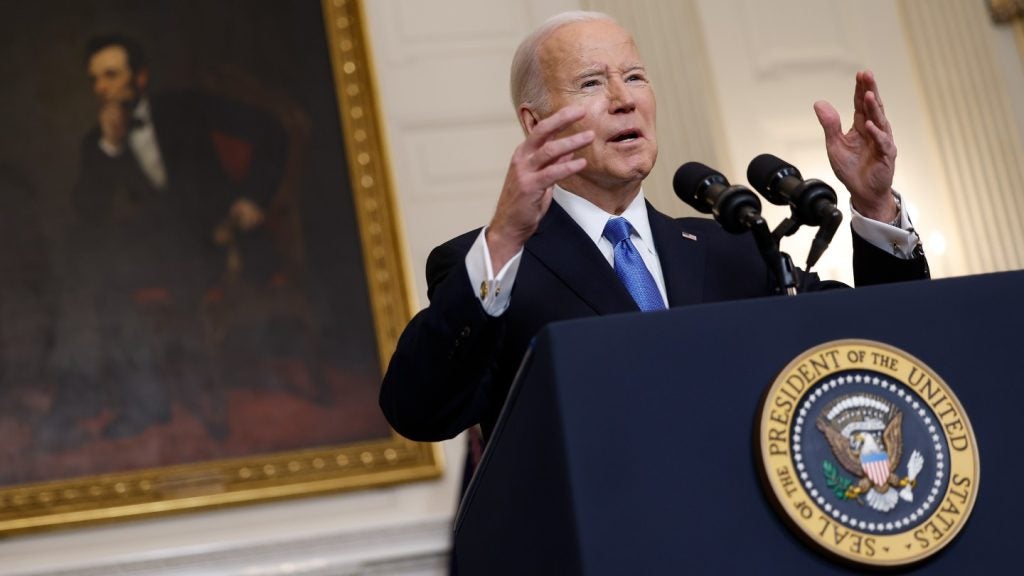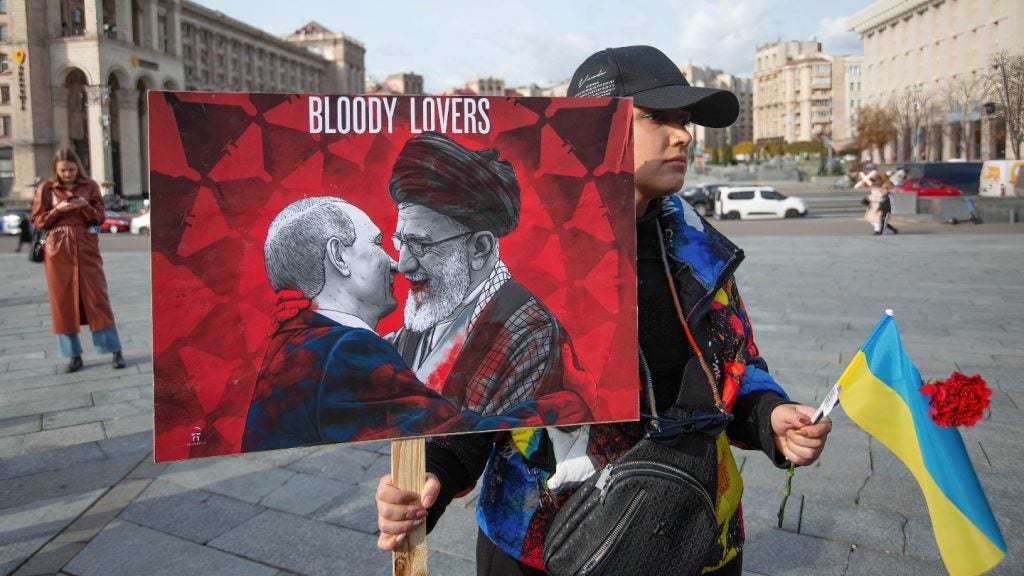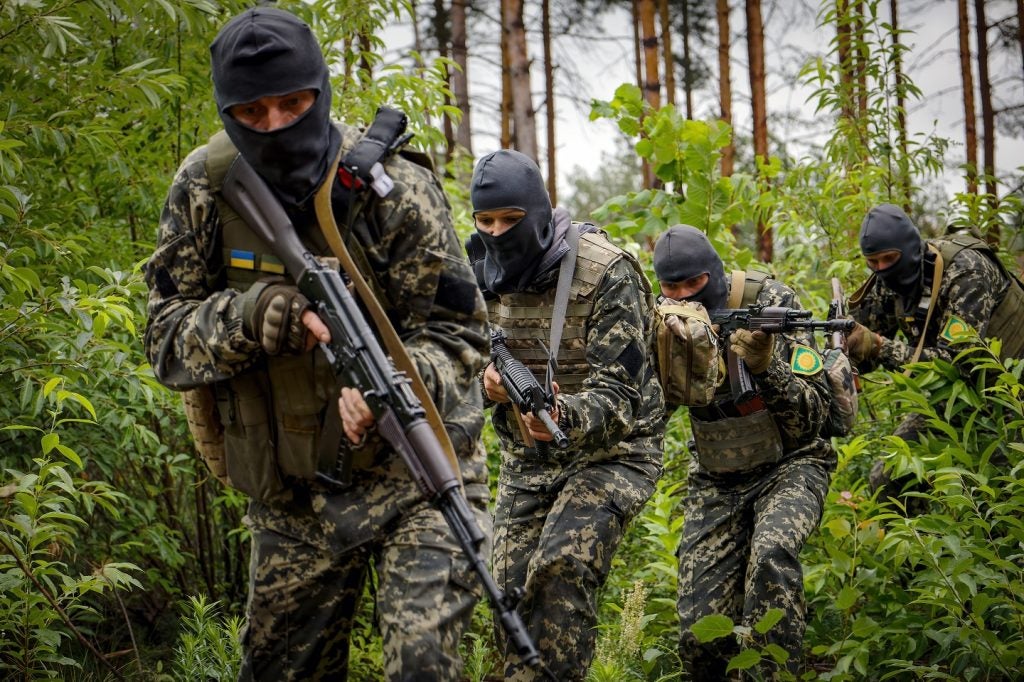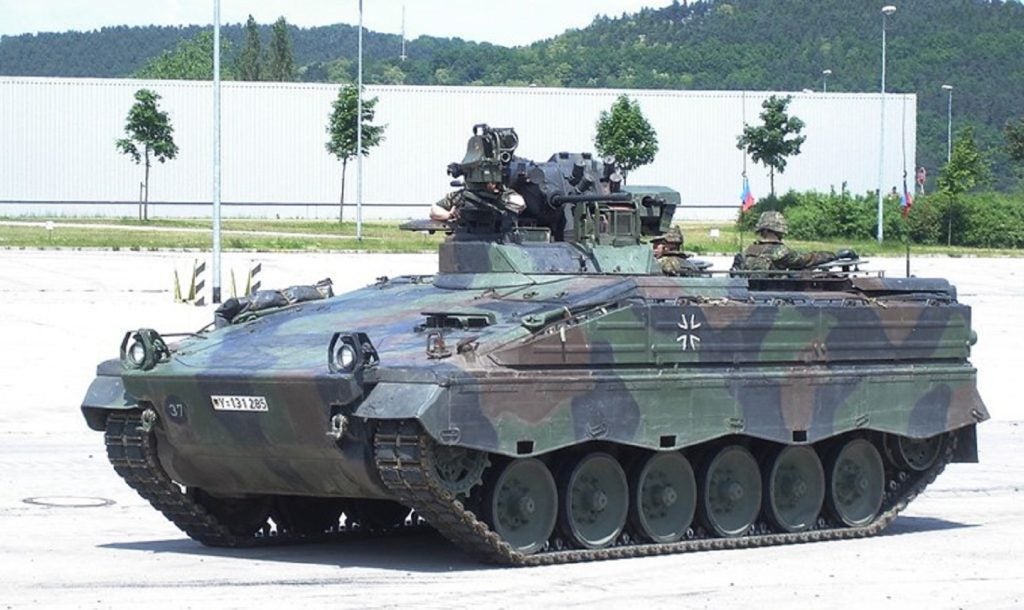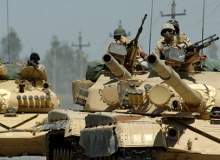

EU arms embargo on China (June 1989 – Present)
A partial arms embargo imposed by the European Union on China, as a result of the Declaration made by EU in Madrid on 27 June 1989 in response to the Tiananmen Square protests of 1989, is the longest running embargo still active today.
The EU has no Common Position on arms categories that are covered under the arms embargo. As a result each country interprets the embargo according to their national laws, regulations and decision making processes, some EU members have therefore still allowed defence related exports to China under the arms embargo.

UN and EU arms embargo on Iraq (August 1990 – Present)
The UN and the EU imposed an arms embargo on Iraq in 1990 following the Iraqi invasion of Kuwait in August 1990; while the EU did relieve terms between 2003 and 04, the UN embargo is still in force as the world’s second longest running embargo.
See Also:
After the fall of the Iraqi government led by Saddam Hussein in 2003, the UN lifted trade sanctions and restrictions on arms or associated equipment needed by the new government of Iraq formed in 2006 but continued the arms embargo for other end users other than the multinational forces.
How well do you really know your competitors?
Access the most comprehensive Company Profiles on the market, powered by GlobalData. Save hours of research. Gain competitive edge.

Thank you!
Your download email will arrive shortly
Not ready to buy yet? Download a free sample
We are confident about the unique quality of our Company Profiles. However, we want you to make the most beneficial decision for your business, so we offer a free sample that you can download by submitting the below form
By GlobalDataThe EU Common Position on arms embargo on Iraq allows the sale, supply and transfer or export of arms and associated equipment needed by the new Government of Iraq and the transnational force.

EU arms embargo on Myanmar (1990 – Present)
An EU-imposed arms embargo on Myanmar (formerly, Burma) has been in force since 1990 and includes arms and ammunition, weapon and non-weapon platforms and ancillary equipment as well as components, repairs, maintenance and transfer of military technology.
The EU lifted all sanctions against Burma, except the arms embargo, in 2013 in response to the political developments in Burma. The most recent resolution now in force extends the arms embargo to April 2015.

UN arms embargo on Somalia (January 1992 – Present)
The UN embargo in force against Somalia was implemented by the UN in January 1992 in response to ongoing war and humanitarian crisis in the country.
The EU also enforced an arms embargo on Somalia in December 2002, but later partially liberalised it, allowing arms supplies to Somali Government Forces for use in military training and humanitarian missions.

OSCE arms embargo on Nagorno-Karabakh (Azerbaijan, February 1992 – Present)
The Organisation on Security and Co-operation in Europe (OSCE) enforced an arms embargo on Armenia and Azerbaijan in early 1992 in reaction to the armed struggle between these nations in the area of Nagorno-Karabakh.
The embargo, which is still in force, restricts the supplies of arms and munitions to armed forces involved in the area. Neither the UN nor EU have an arms embargo for Armenia or Azerbaijan however.

UN arms embargo on Liberia (November 1992 – Present)
An arms embargo enforced by both the UN and EU against Liberia has been in force for more than two decades. The UN imposed an arms embargo on Liberia, in response to the Liberian Civil War, in November 1992, while the EU-enforced embargo came into force in May 2001.
The UN arms embargo ceased in 2001 and was replaced by a new embargo, which has subsequently been renewed through resolutions. Despite some partial liberations in regulations, the embargo on Liberia remains in place.

EU arms embargo on the Democratic Republic of Congo (April 1993 – Present)
The EU imposed an arms embargo on Democratic Republic of Congo (formerly Zaire) in April 1993, which has been amended, modified and extended a number of times since and is still in effect.
The UN also enforced an arms embargo on Congolese independent armed groups and militias that hinders the supply, sale or transfer of arms and associated equipment or training aid to militia groups functioning in the country.

EU arms embargo on Sudan (March 1994 – Present)
An arms embargo on Sudan was initially enforced in March 1994 by the EU in reaction to the Second Sudanese Civil War. It was, however, later amended and reinforced through resolutions made in 2004.
The UN also banned the arms supplies to all non-governmental organisations and individuals in the Darfur region of Sudan in July 2004. Following the formation of South Sudan, the EU amended the embargo in 2011 to cover both nations.
EU arms embargo on Zimbabwe (February 2002 – Present)
The EU enforced an arms embargo on Zimbabwe in reaction to severe violations of human rights in the nation, in February 2002. The embargo covers the sales, supply or transfer of technical aid related to military equipment and systems.
The embargo was been recently extended from February 2014 until February 2015. No UN restrictions are in effect on Zimbabwe although the nation is subject to travel and financial sanctions.

UN and EU arms embargo on Ivory Coast (November 2004 – Present)
An arms embargo has been enforced on Ivory Coast (Côte d’Ivoire) since 2004 by both the UN and the EU in response to civil war in the West African nation. The UN Security Council in November 2004 embargoed the supply of arms and related material to Côte d’Ivoire.
The EU embargo on Ivory Coast came into force in December 2004. The United Nations arms embargo has been emended and extended several times and will be in effect until April 2015.


.gif)

